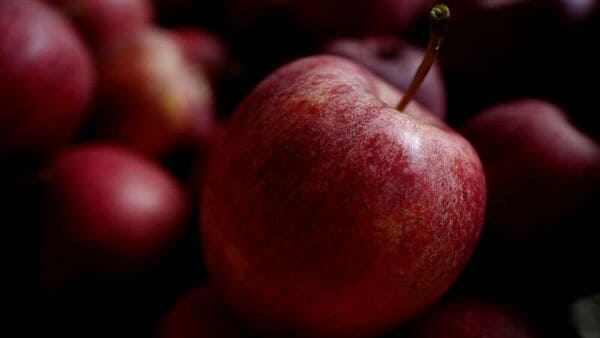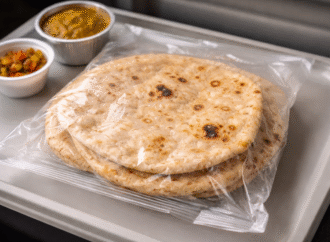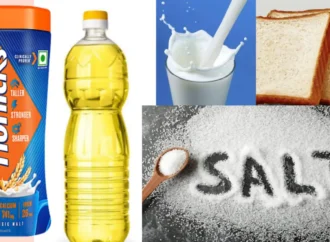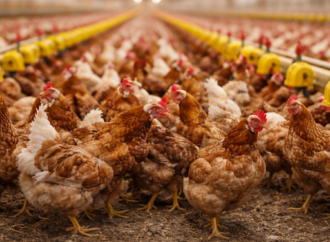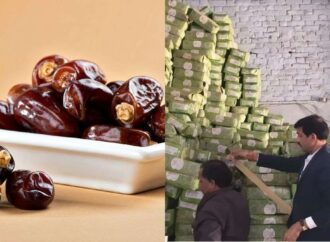Overview
India has refused shipments of apples, nuts, alcoholic beverages, and sushi from Sri Lanka, Bangladesh, Japan, China, and Turkey this year due to non-compliance with food safety standards.
The Food Safety and Standards Authority of India (FSSAI) published these rejections on its newly introduced Food Import Rejection Alert (FIRA) platform. This portal facilitates rapid communication with global authorities regarding health risks linked to rejected food products. FIRA empowers stakeholders to address these risks proactively while enhancing transparency and tracking.
Using its authority under Regulation 11(7) of the Food Safety and Standards (Import) Regulation, 2017, FSSAI has issued multiple food alert notifications. India currently imports food items from more than 100 countries.
Key Rejections This Year
- On May 24, FSSAI rejected a shipment of dried cinnamon flower buds from Sri Lanka in Bangalore due to non-compliance with the Food Safety and Standards Act, 2006, which requires prior approval.
- On April 22, officials at Tuticorin port turned away areca nuts from Sri Lanka because of visible mould and other quality defects.
- On June 25, authorities in Bangalore rejected tea bags from Japan containing “Rooibos,” an unapproved botanical ingredient for health supplements and nutraceuticals.
- On July 31, fresh red apples from Turkey were denied entry at Kolkata Port due to their short shelf life.
- On May 31, FSSAI at Mumbai-JNPT Nhava Sheva port refused Green Apple-flavored Budweiser non-alcoholic beer from China, citing an unacceptable pH value for alcohol-free beer. In the same month, officials in Delhi rejected sushi nori seaweed from China for containing excessive levels of heavy metals and arsenic.
Three-Tier Verification for Imported Food
FSSAI enforces a rigorous three-level verification process for all imported food products, as outlined in the Food Safety and Standards (Import) Regulations, 2017. This process includes:
- Document Verification
- Visual Inspection
- Sampling and Testing
Common Reasons for Rejection
FSSAI often rejects imports for safety and quality issues, labelling errors, or insufficient documentation. Safety violations typically involve excessive levels of pesticides, heavy metals, or unapproved additives, while quality concerns may include moisture, fat content, or other specific defects.
To oversee food imports, FSSAI has stationed Authorized Officers at key Points of Entry across India. These officers ensure compliance with safety and quality standards set by the Directorate General of Foreign Trade (DGFT). These measures protect public health and uphold India’s food safety regulations.
Source: Livemint
 Food Manifest
Food Manifest 